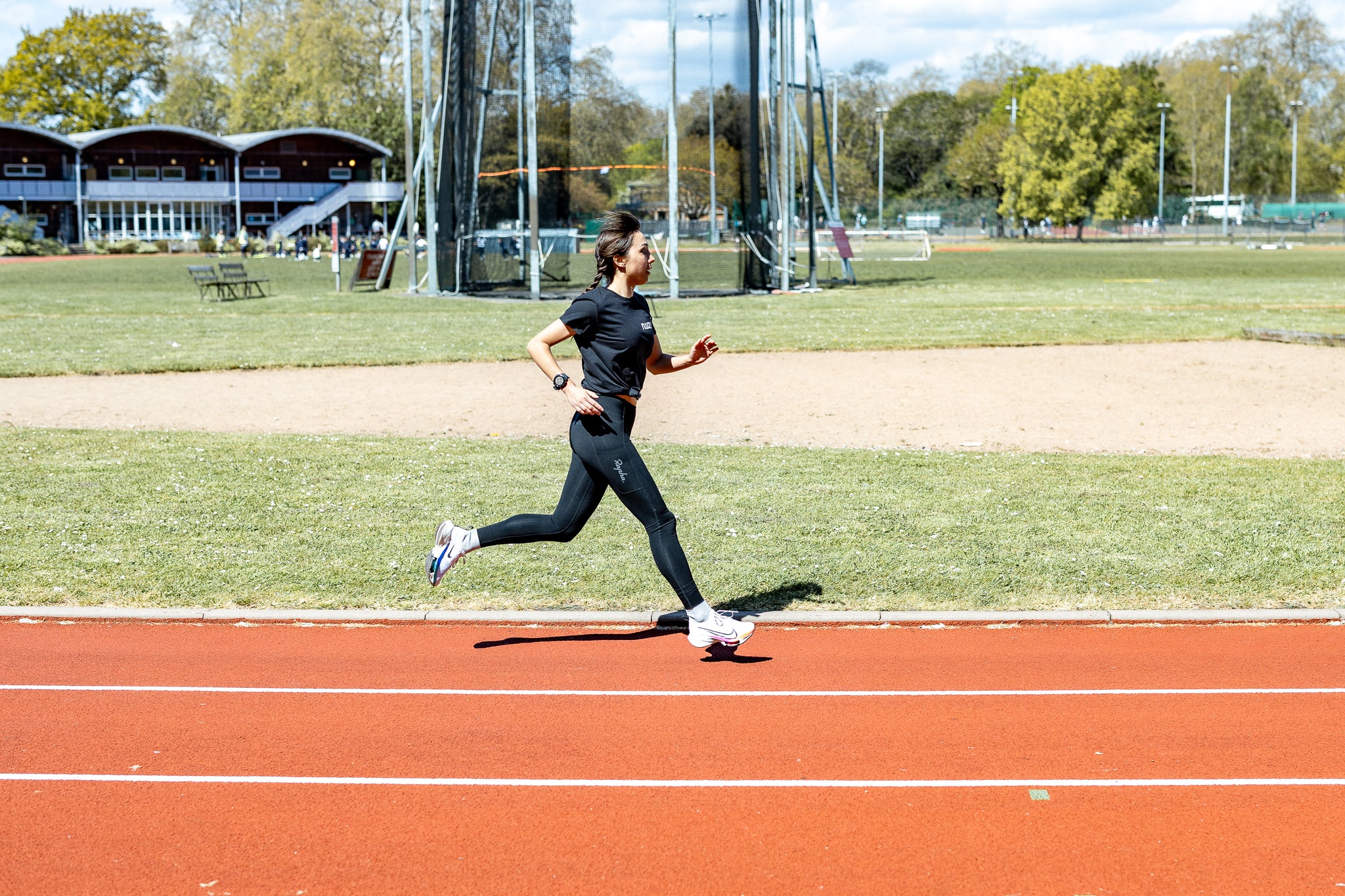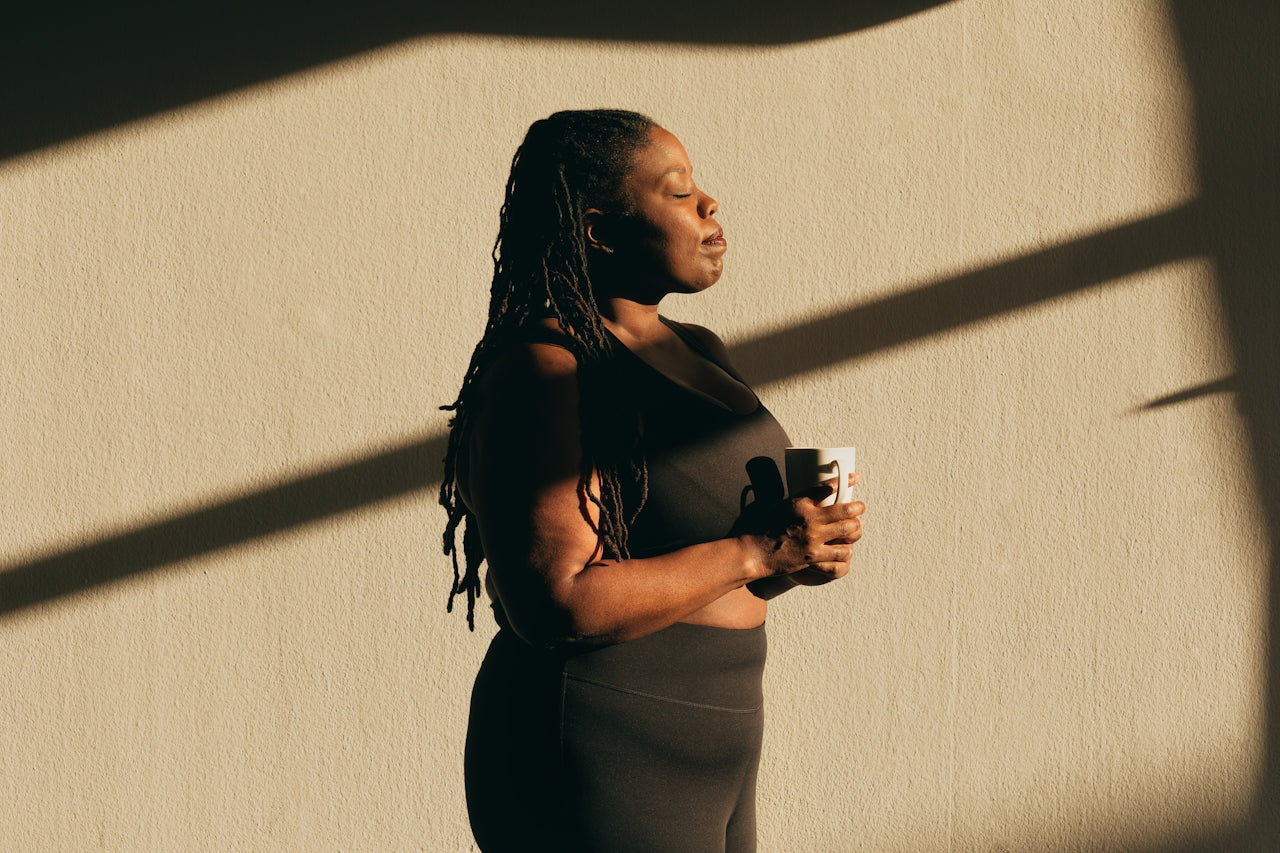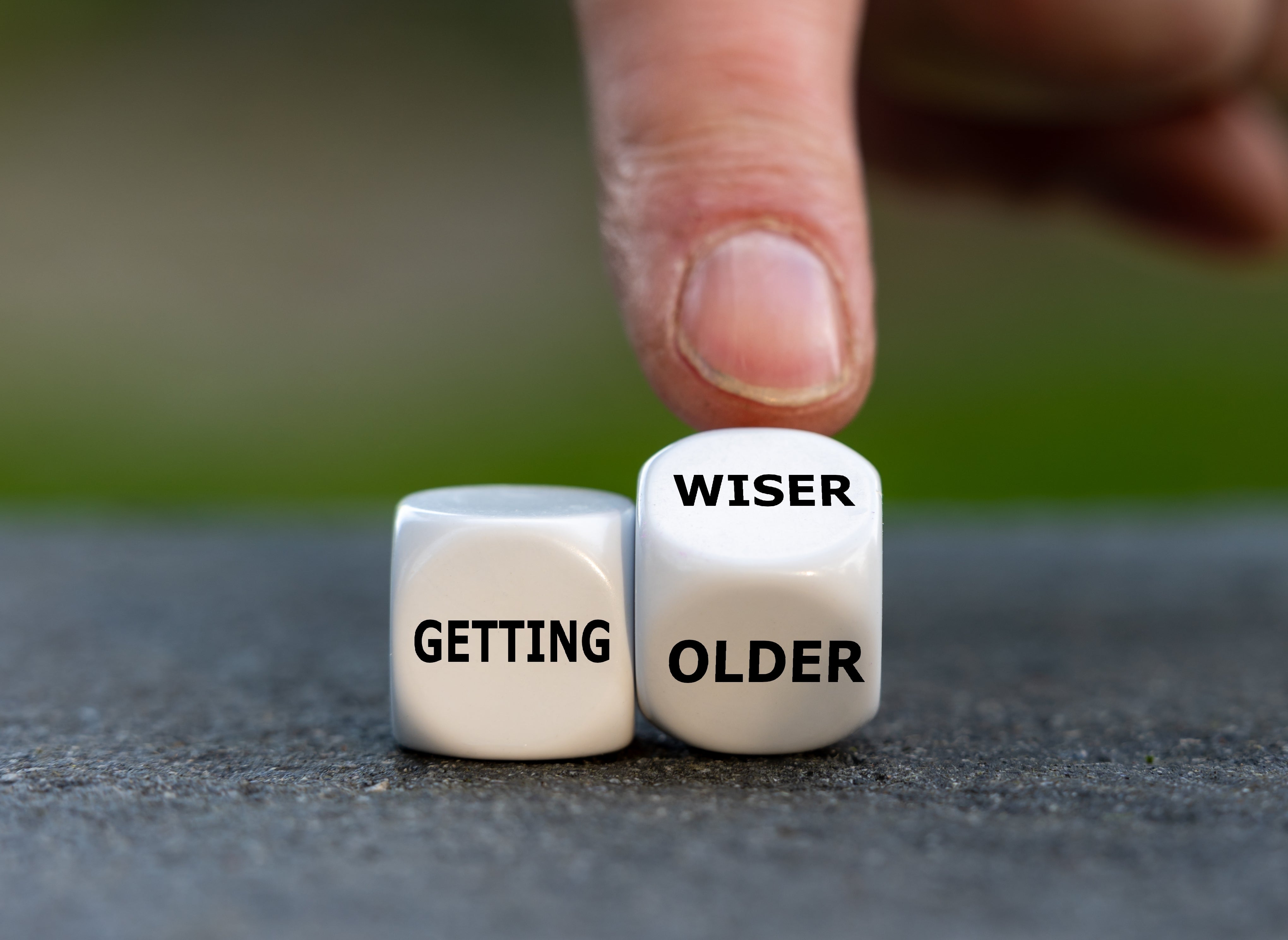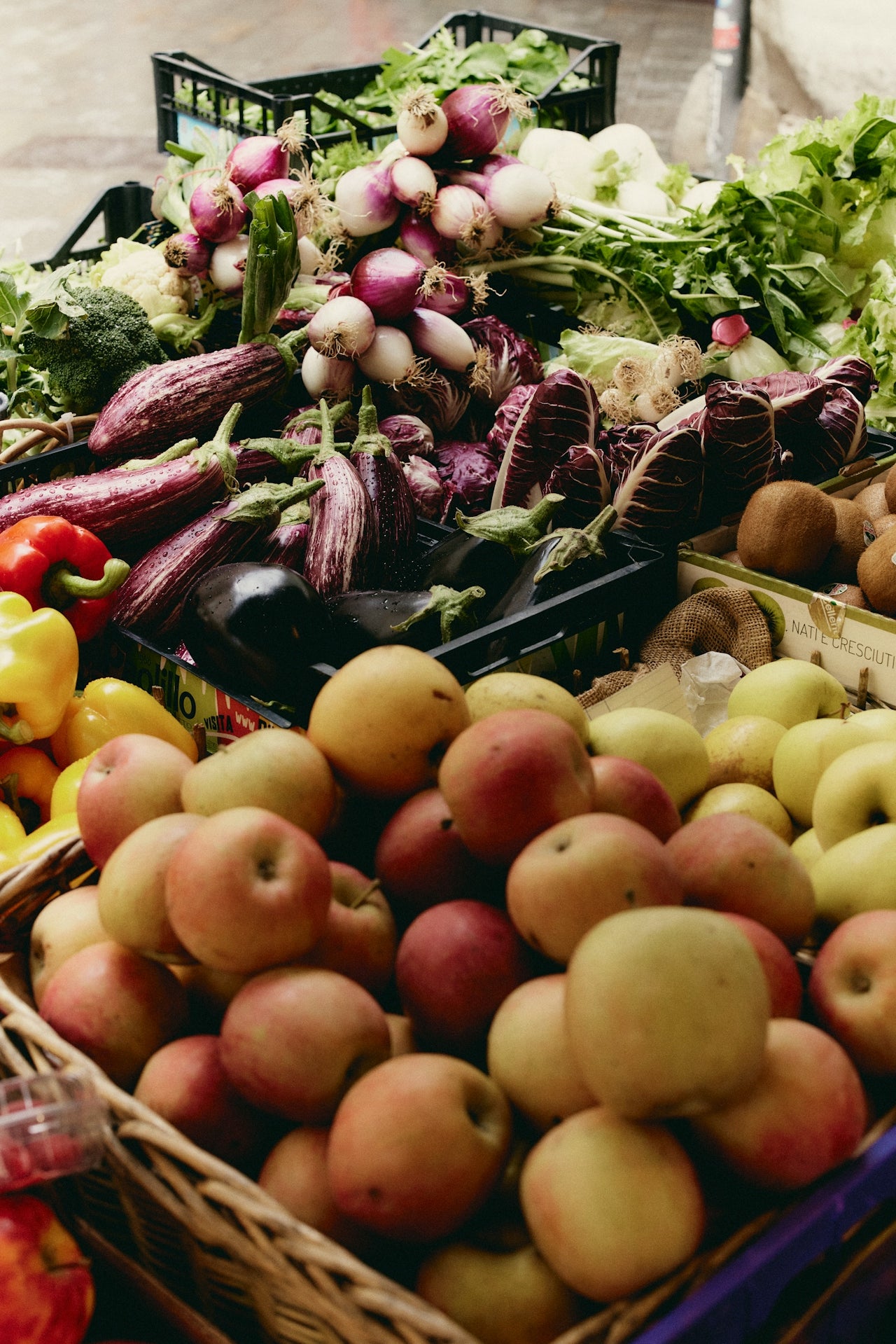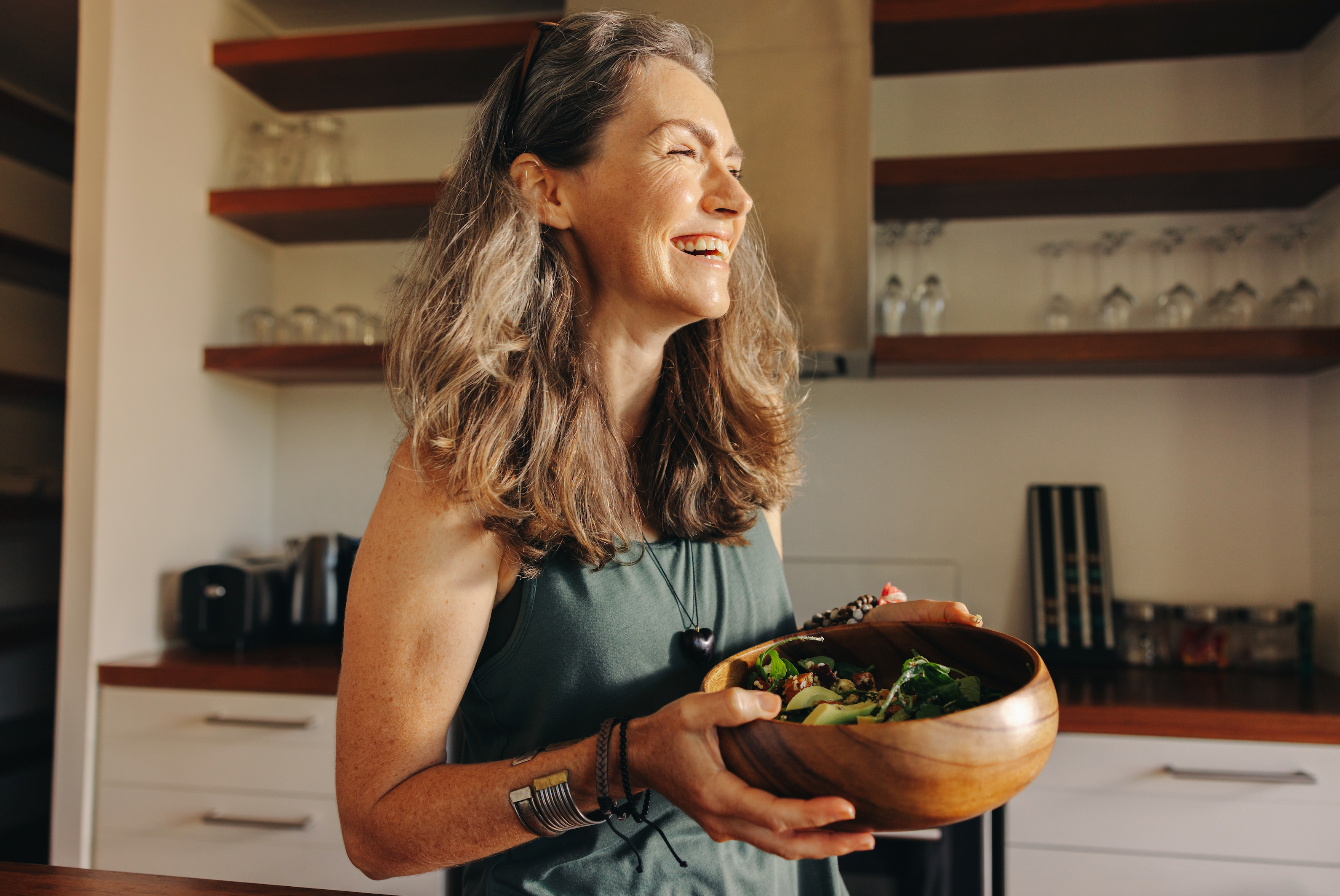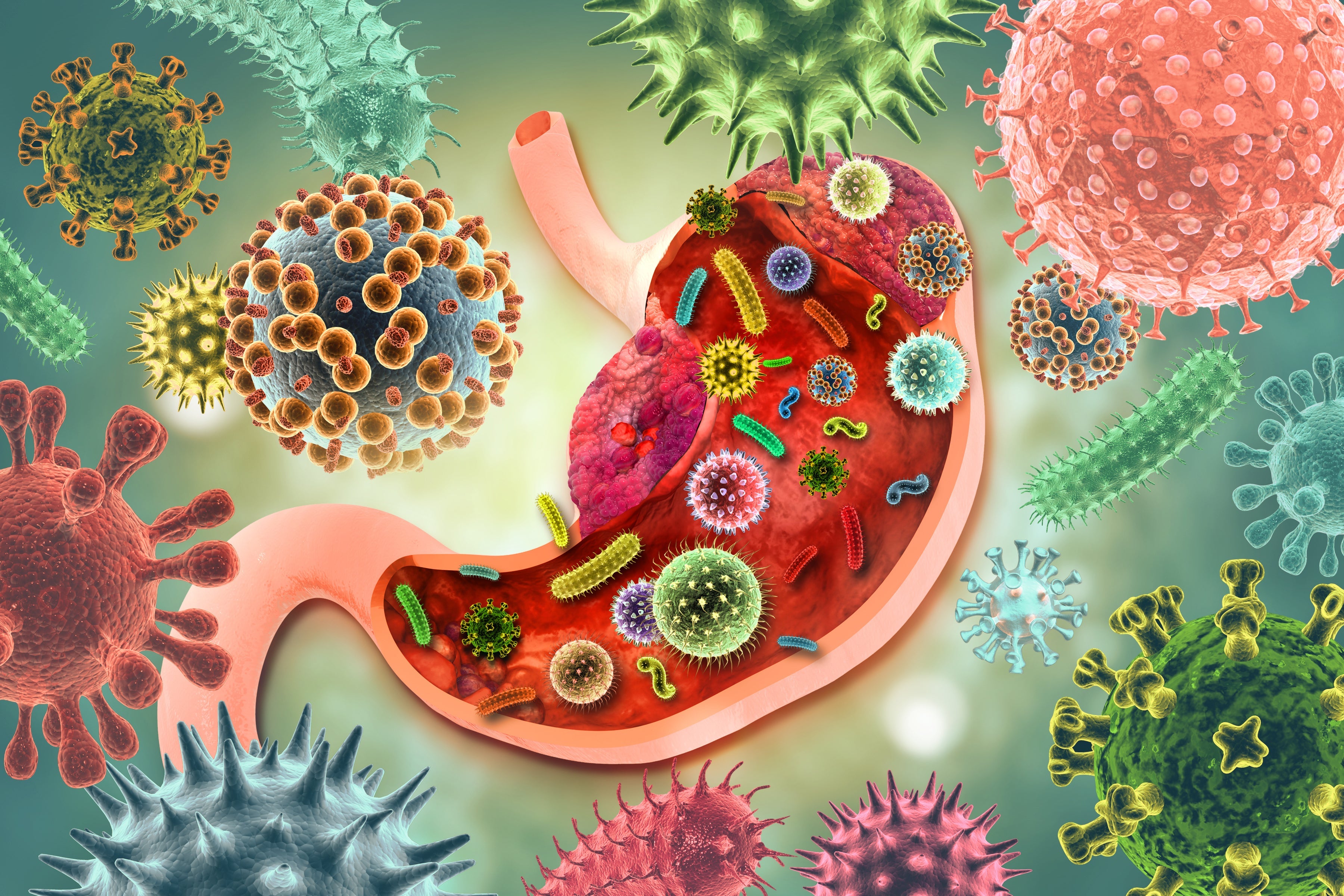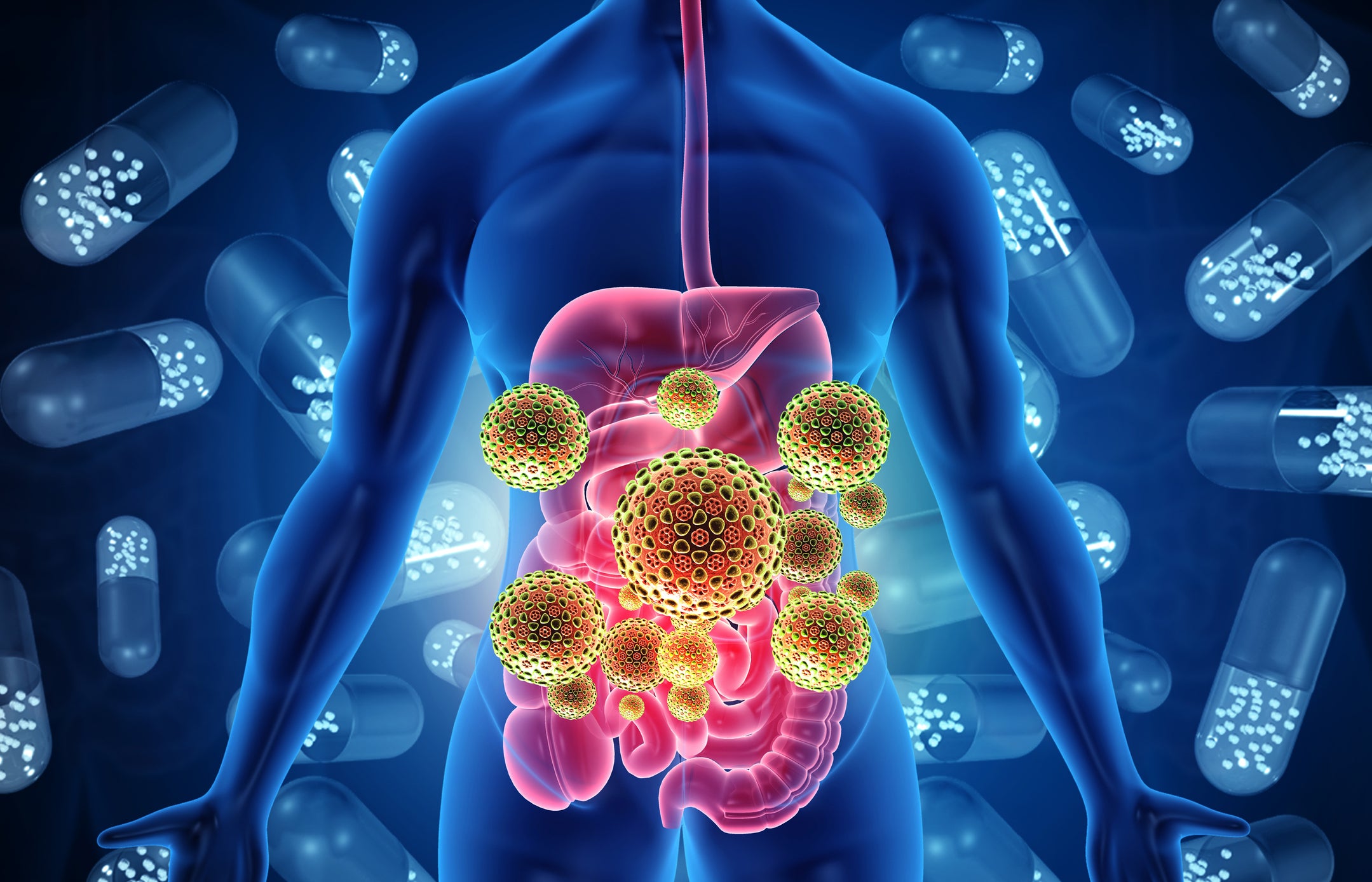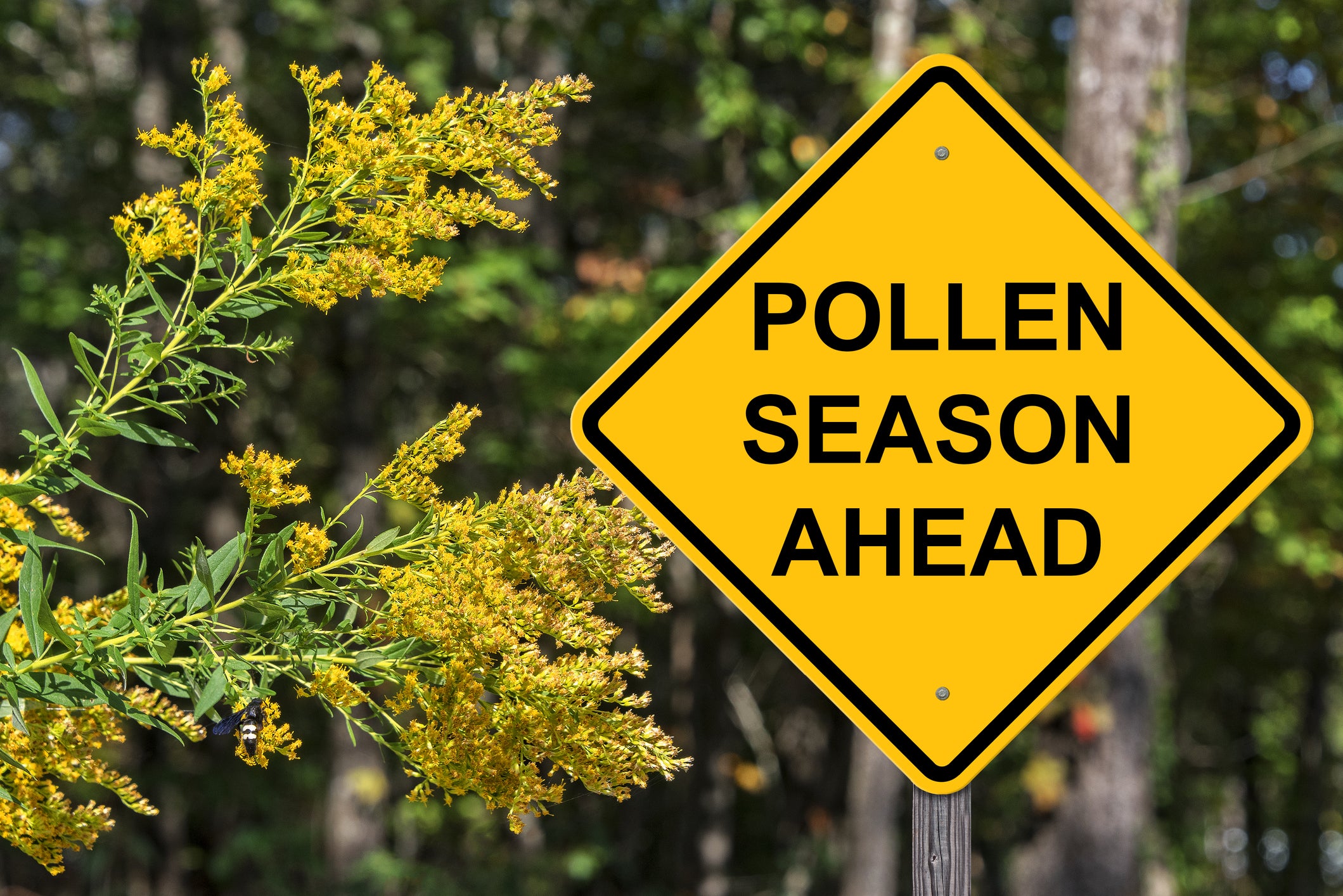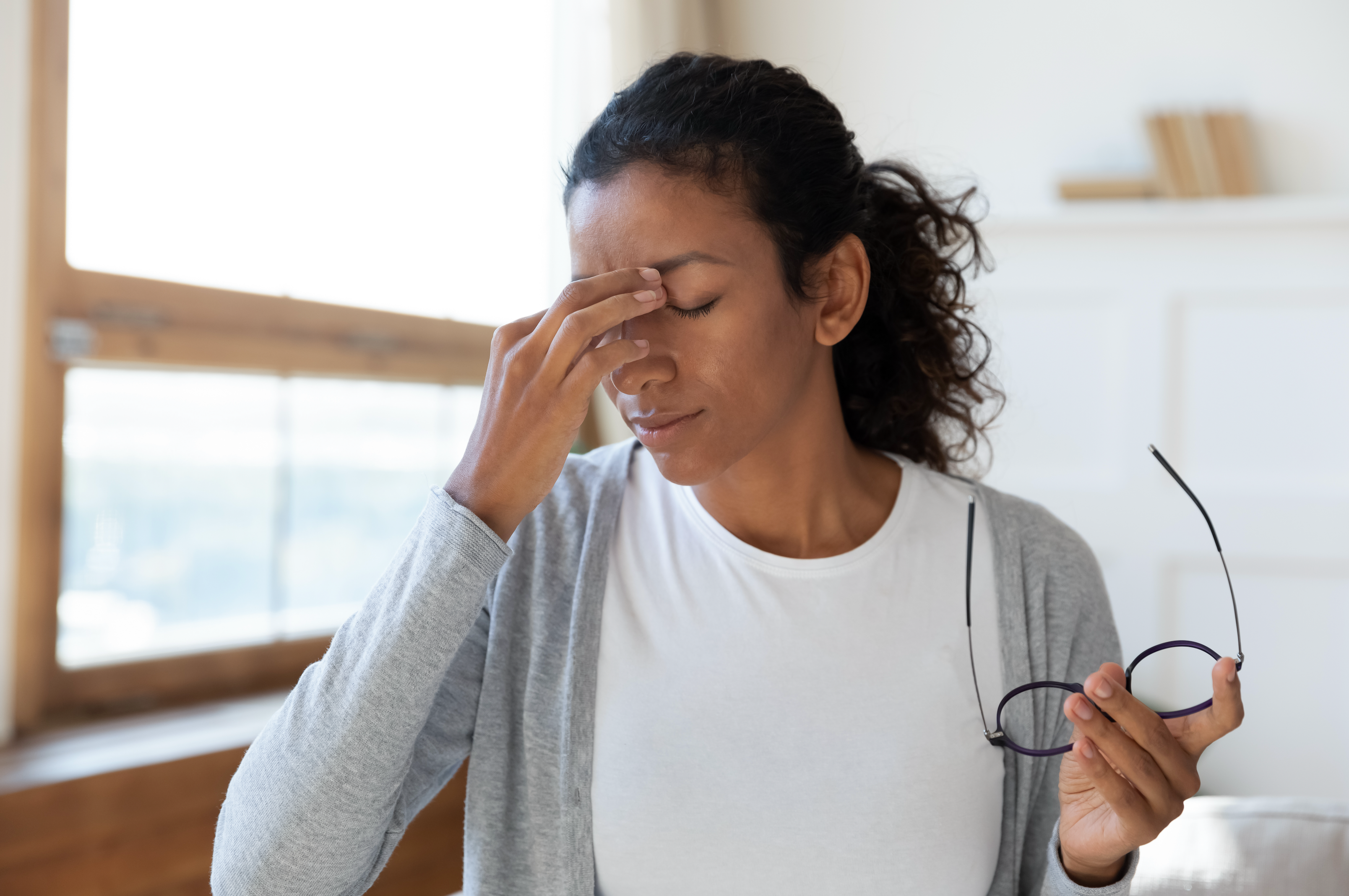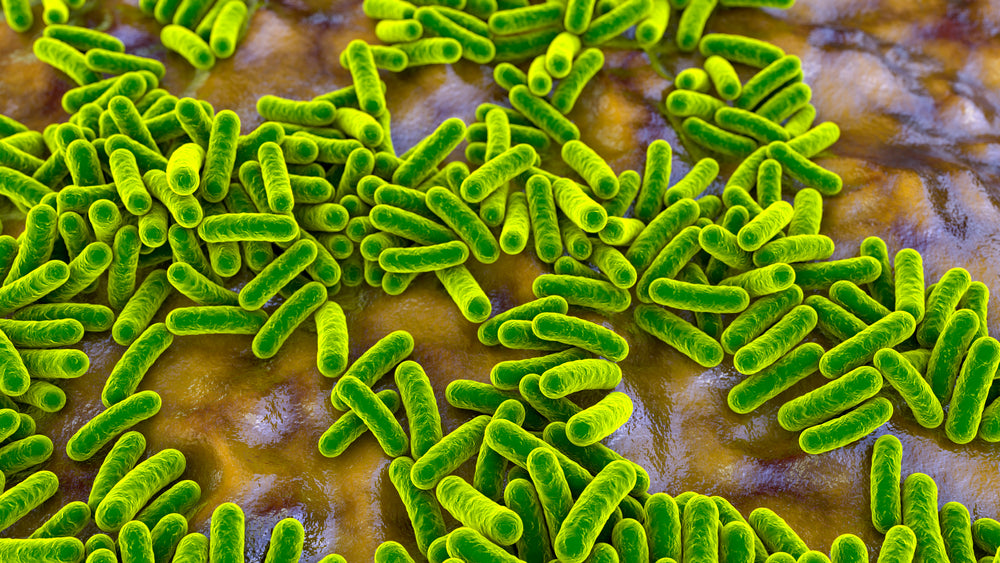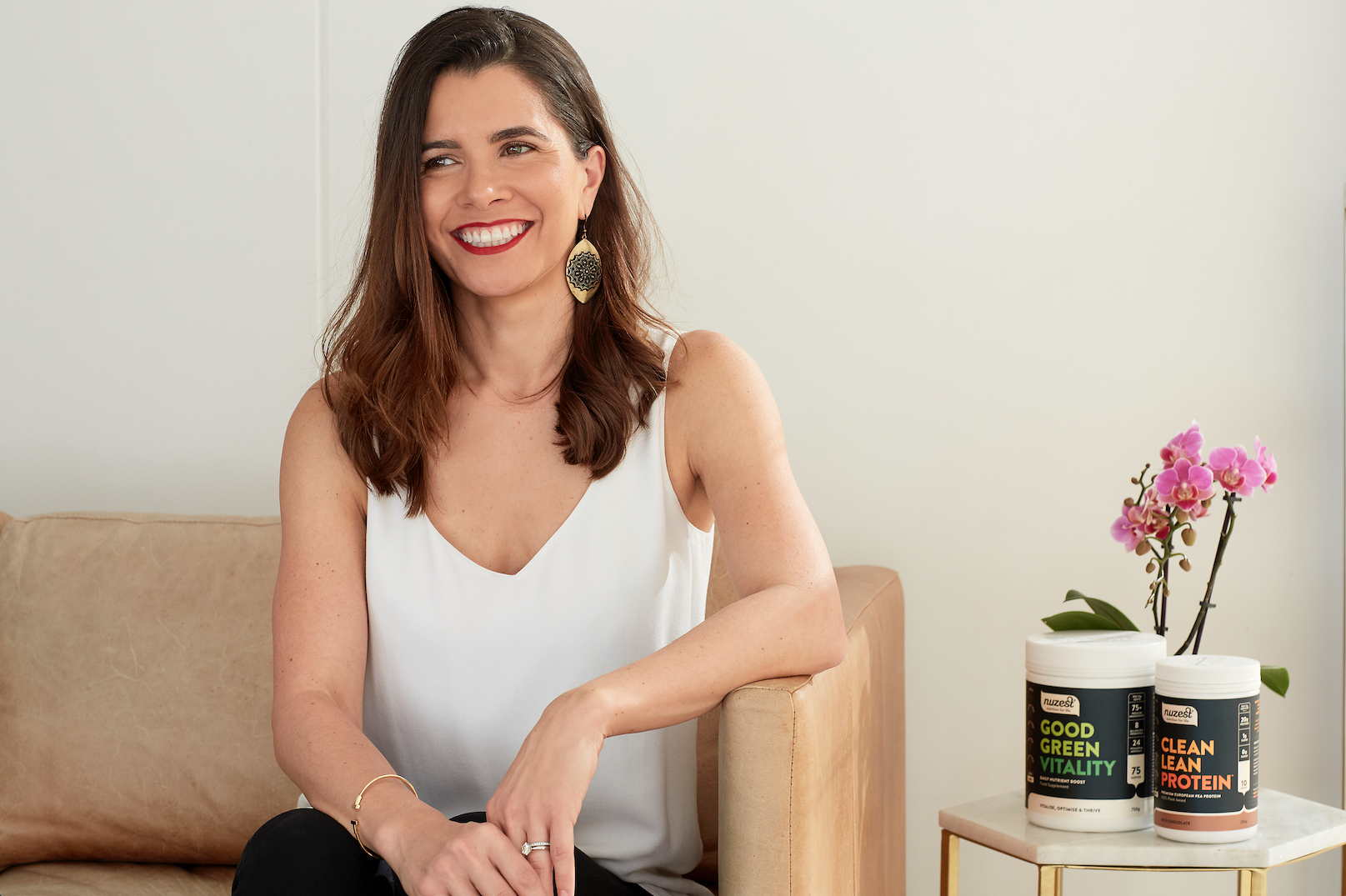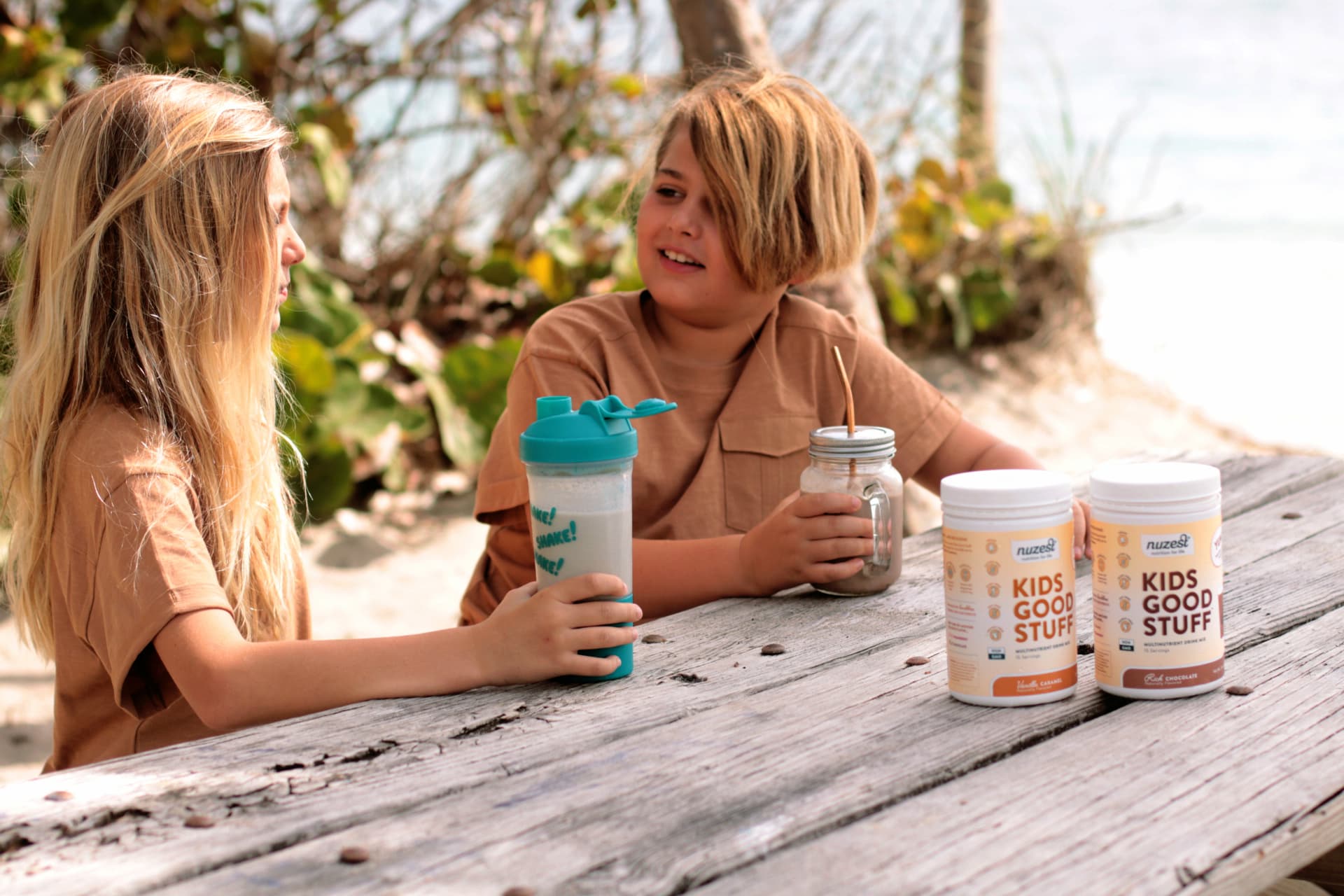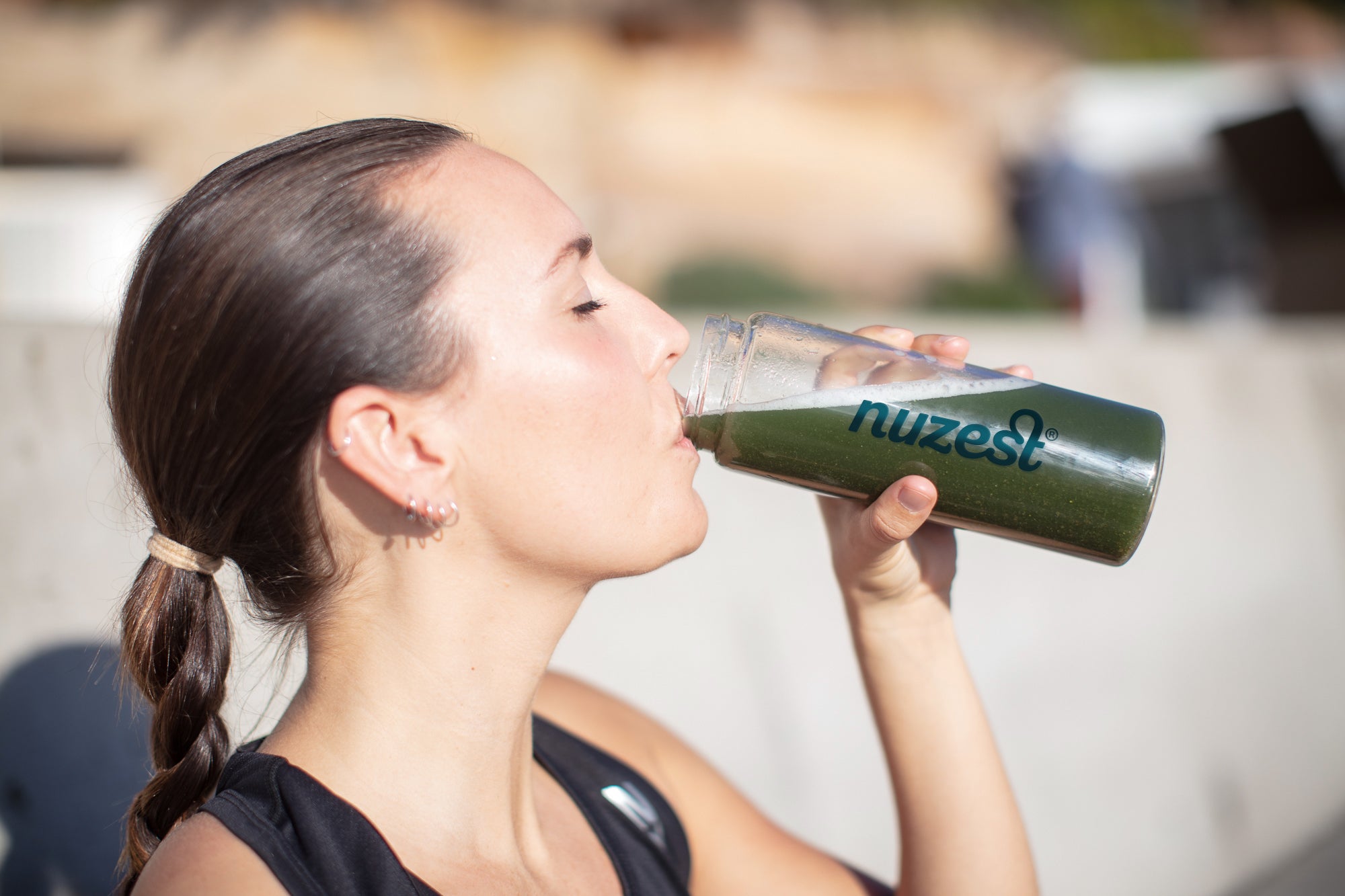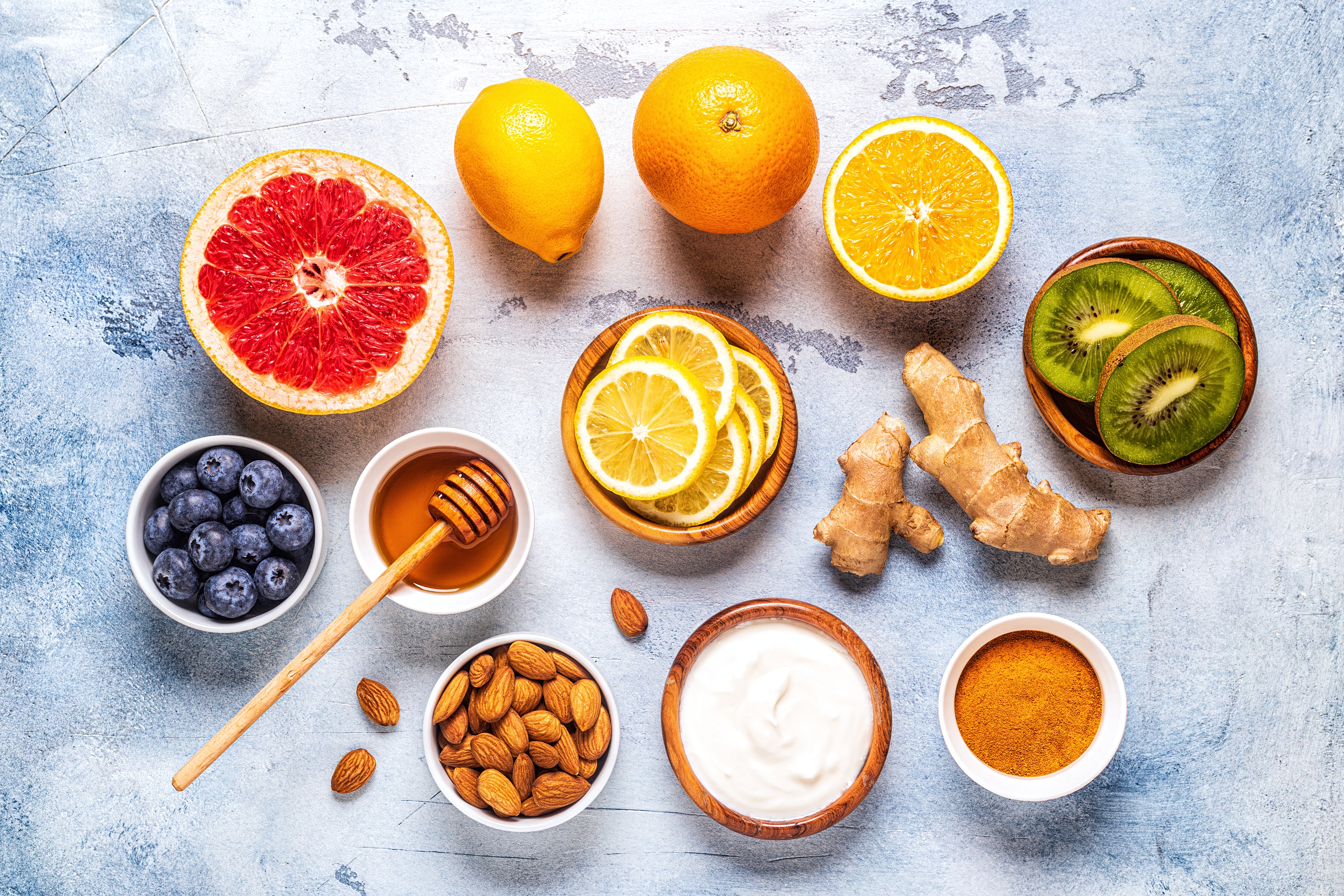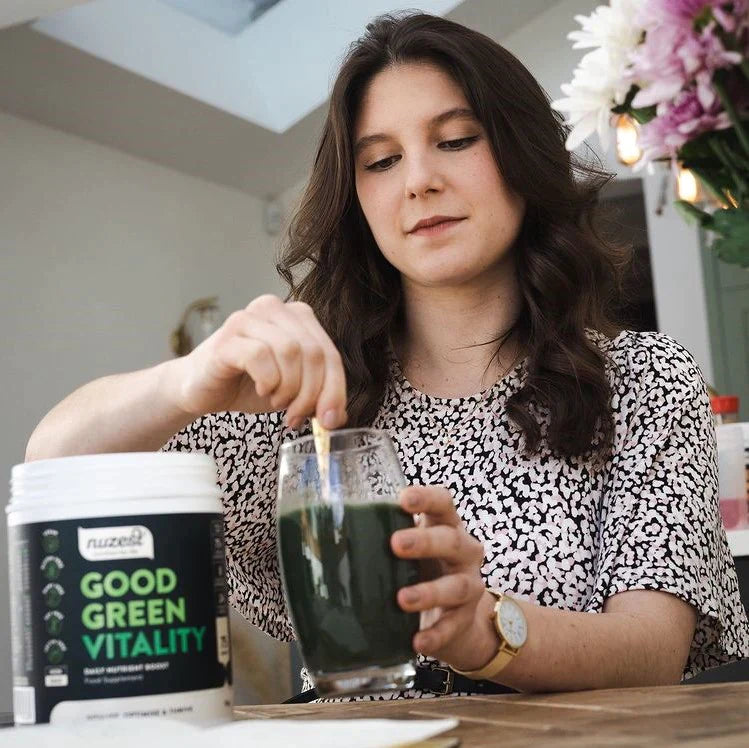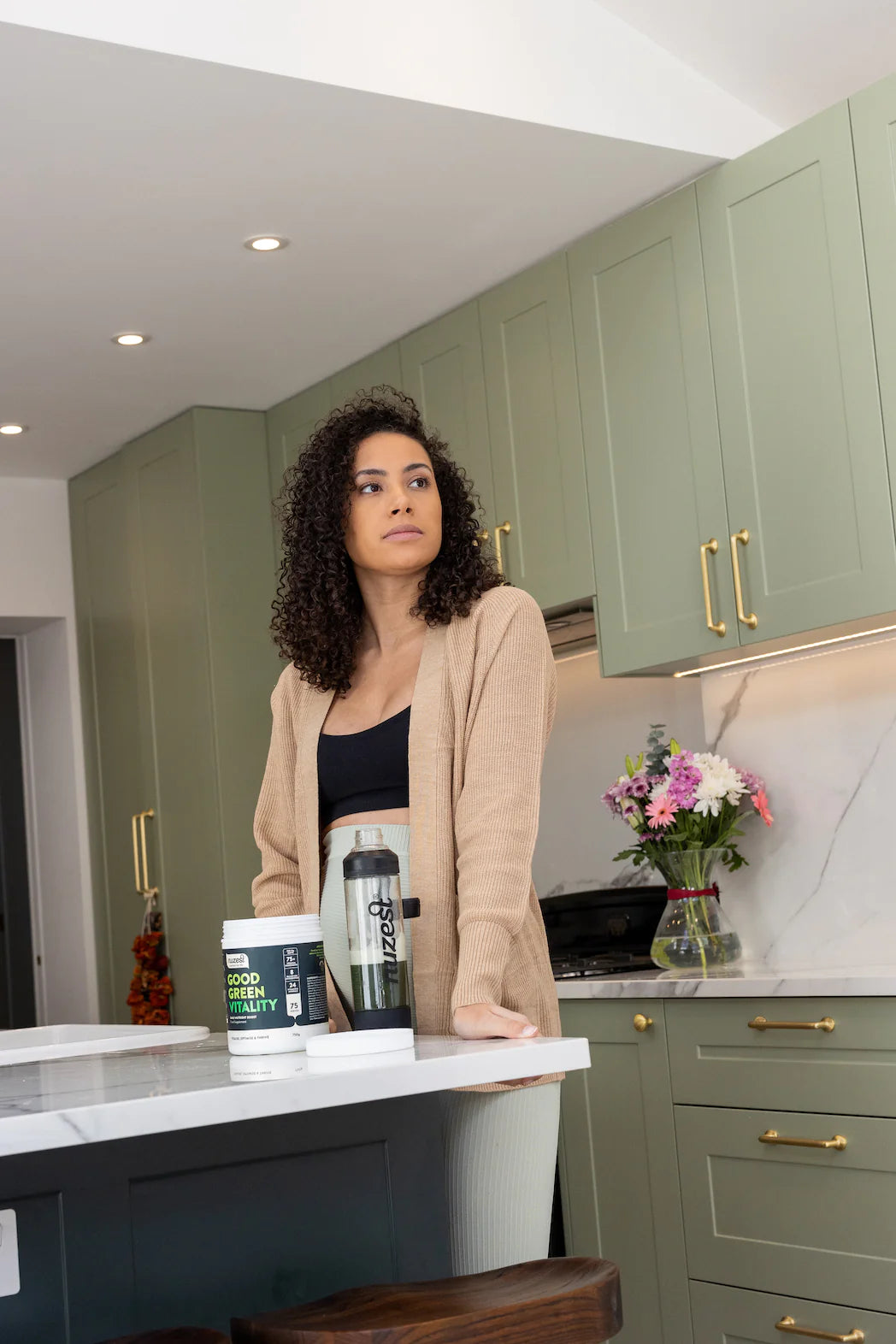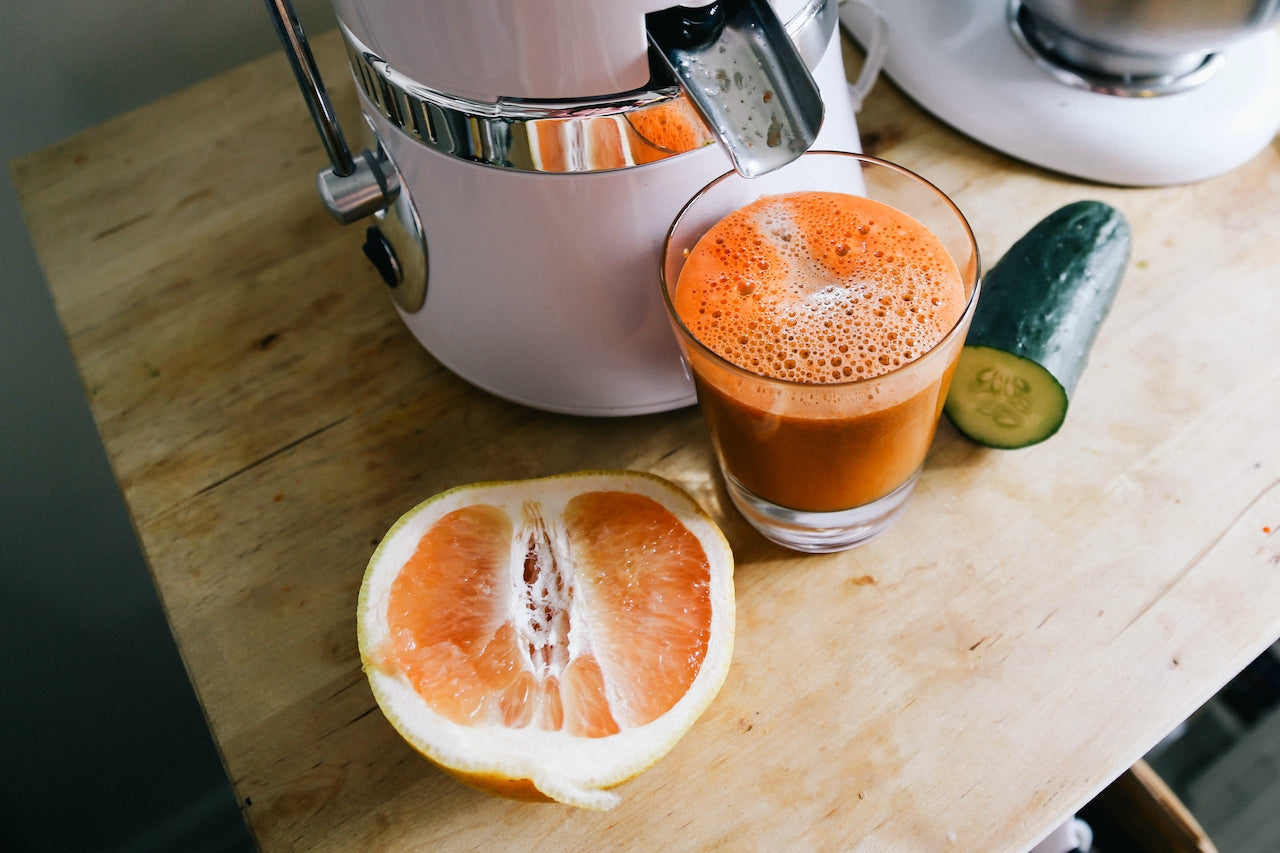Monique Bolland, Nuzest Co-founder and Global Brand Manager
I was diagnosed with Multiple Sclerosis (MS) when I was in my early 20s and pregnancy was the last thing on my mind. As I neared 30 my neurologist started to question whether I saw children in my future because if I did, as far as my health was concerned, the earlier I had them the better.
MS is an autoimmune disease of the brain and central nervous system. Three in four patients are women. No one knows yet what causes the disease however it is widely accepted that physical, emotional, or hormonal stress on the body can trigger relapse.
What were your concerns about being pregnant with MS?
I think the two big questions going through the mind of any pregnant woman with MS are: ‘Will my baby be healthy?’ and ‘Will I be healthy enough to take care of him/her?’.
Pregnancy is arguably the biggest hormonal upheaval a women’s body can go through. While women with MS often experience a period of remission during pregnancy, there is an increased chance of relapse within six months of giving birth.
Then you must consider the genetic component of the disease. Though the disease itself is not considered hereditary, scientists have found that the genetic predisposition to developing MS can be inherited from parents.
Mental health is another concern that’s not spoken about as much. People with MS are statistically more likely to suffer from depression, leaving us at high risk of developing post-natal depression as well.
Some or all, of these concerns may be present when women with MS choose to have children.
Is there anything that can be done to mitigate the risk of anything going wrong?
There is a lot of research going into finding out the cause and a cure for MS. Some of the most promising involves stem cell treatment so we chose to have umbilical cord stem cells frozen at birth. Hopefully we never need to take them off ice but it’s reassuring to know they’re there just in case.
With my doctor’s approval and enough studies proving it safe, I decided to continue with my monthly medication throughout pregnancy and breastfeeding. My risk of relapsing if I stopped was high and the usual treatment of steroids to contain the flare up is not an option during pregnancy. I weighed up my options and decided that staying on course was the safest option for both me and the baby.
What were your biggest challenges?
I was incredibly lucky with my pregnancy. Besides terrible morning sickness in the first trimester, my body handled it surprisingly well.
The biggest challenge was the fatigue – a common side effect of both MS and pregnancy – which when compounded made it difficult to drag myself up the road to work some mornings (literally, my husband had to half drag/half carry me sometimes).
What habits or practices did you stick to without fail (including nutrition)?
I knew the risk of the stress I was putting on my body so took care to stay fit, healthy and rested.
I eat a predominantly plant-based diet, so I made sure to take my Clean Lean Protein by Nuzest every day as adequate protein during pregnancy is so important. I also took our Good Green Stuff (now Good Green Vitality, not yet available in the US), though we recommend speaking with your own Healthcare Practitioner before taking any supplements.
I tried to meditate every day and kept my body moving with yoga and Pilates right up until the last couple of weeks when it just became too uncomfortable to move.
How is life with baby?
My baby is nearly 10 months old now and growing up so fast! Every week gets easier but looking back sometimes I do not know how I made it through the first six months of sleep deprivation, stress and physical exhaustion without my MS rearing its ugly head.
It’s still hard on the days that I have my medication when all I want to do is lie down, and all she wants is for me to pick her up and play; but she’s a good baby and a lot of fun to be around so I don’t mind.
Any advice you would offer others in a similar situation?
I think that the more you can get your body in shape before you fall pregnant, the better. I’m not talking about losing weight, but about getting fit, strong and healthy. Pregnancy is hard on anyone’s body, but if you have any sort of chronic, inflammatory health condition, it’s going to be that little bit harder, so do what you can to prepare. Clean up your diet and supplement to fill any gaps, because you’re literally building a baby with what you put into your body.




